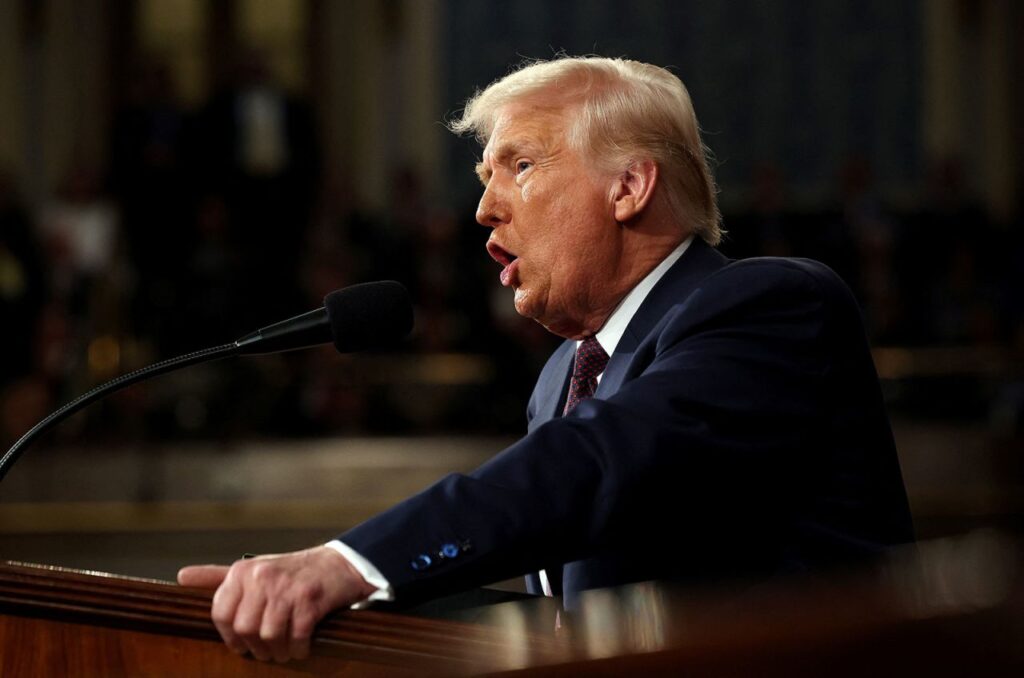Iran’s parliament has passed a bill to suspend cooperation with the UN’s nuclear watchdog, the International Atomic Energy Agency (IAEA).
A total of 221 members voted in favour of the bill recommending the suspension of the country’s cooperation with the International Atomic Energy Agency (IAEA).
The bill received zero opposition votes and one abstention.
The bill prohibits entry of IAEA inspectors unless the security of facilities is guaranteed.
Under the plan, IAEA inspectors could only enter Iran with explicit approval from the Supreme National Security Council and if the agency guarantees the security of the country’s nuclear facilities.
However, it is still up to the country’s Supreme National Security Council to make a final decision and take action on the recommendation of the parliament.
Iranian Parliament Speaker, Mohammad Bagher Ghalibaf, said, “The Atomic Energy Organisation of Iran will suspend its cooperation with the IAEA until the security of the nuclear facilities is guaranteed.”
Accusing the IAEA of failing to condemn attacks on Iran’s nuclear infrastructure, he stated, “The IAEA… put its international credibility up for auction.”
He added that Iran’s “peaceful nuclear programme will make headway more quickly.”
The Iranian parliament has also started reviewing a legislative proposal for stricter prohibitions on the use of drones.
Kremlin Spokesman, Dmitry Peskov stated that the Iranian parliament’s move to suspend cooperation with the nuclear watchdog is concerning, but attributed it to Israel’s “unprovoked attack” on Iran’s nuclear facilities.

In comments carried by Russia’s state-owned news agency, Peskov claimed the IAEA’s reputation has suffered serious damage from those attacks.
Speaking about damage assessments offered by President Donald Trump, who has suggested that the US attack obliterated Tehran’s nuclear programme, Peskov asserted that Russia thinks it’s too early for anyone to have a realistic picture of the damage inflicted on Iran’s nuclear facilities by US air strikes.

Russia had indications that Washington and Tehran had open communication channels, though, he said, and Moscow was closely monitoring developments and still talking to Iran.
On June 13, 2025, Israeli airstrikes targeted multiple sites inside Iran, including nuclear and military installations. The US followed on early Sunday with airstrikes on Iran’s Fordow, Natanz, and Esfahan nuclear facilities.
The flare-up follows a recent resolution by the IAEA’s Board of Governors, which, for the first time since 2005, declared Iran non-compliant with its nuclear obligations.
IAEA Chief Calls Returning To Iran Nuclear Facilities A Top Priority

Meanwhile, Head of the International Atomic Energy Agency (IAEA), Rafael Grossi, stated that his inspectors’ top priority is returning to Iran’s nuclear facilities to assess the effect of recent military strikes on Tehran’s nuclear programme.
His remarks come after the Iranian parliament voted to suspend cooperation with the UN nuclear watchdog, one day after a US-proposed ceasefire with Israel took effect.
Speaking to reporters at an Austrian cabinet meeting in Vienna, Grossi also called for a long-term solution to the Iranian nuclear program.
He said that the agency’s reports indicate that Israel’s 12-day war and US strikes only set it back by a matter of months.
Additionally, the Head of the International Atomic Energy Agency (IAEA) warned against Iran’s withdrawal from the Nuclear Non-Proliferation Treaty (NPT).
“This would be, of course, very regrettable. I hope this is not the case. I don’t think this would help anybody.”
IAEA Director General, Rafael Grossi.
He warned that it could also lead to “isolation” and unravel a “serious erosion” in the NPT structure.
The Austrian Security Cabinet meeting involved Austrian Chancellor Christian Stocker, Vice-Chancellor Andreas Babler, and Foreign Minister Beate Meinl-Reisinger.
READ ALSO: GCB Bank Rides Momentum with Over 3% Share Price Gain























